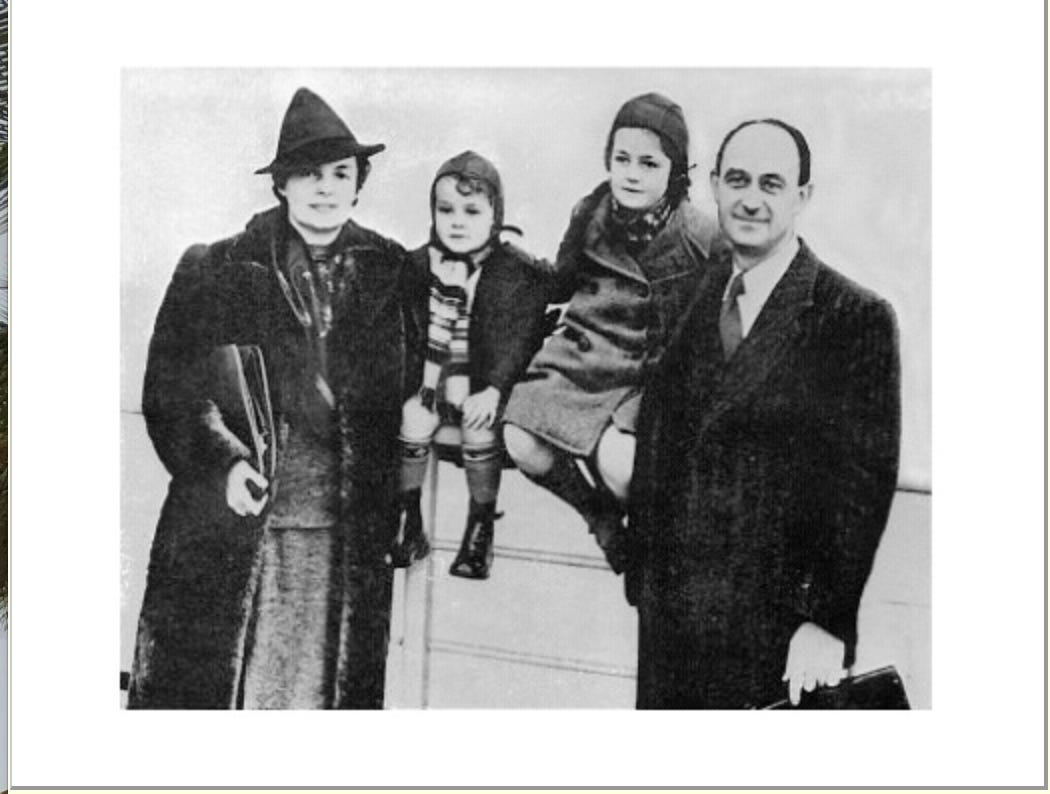Welcome back to Lucid! If there’s someone you know who might benefit from a subscription this holiday season you can use this link. As always, I’m grateful for your support.
______________________
Jurandir Antonio Xavier was a student activist when the first coup happened, in 1964 in his native Brazil. He escaped to Bolivia, and when Bolivia, rocked by a series of military dictatorships, became too dangerous, he emigrated to Chile in 1971.
He hoped to find “a little tranquility, a little repose.” Instead, he saw the signs of another coup in the making. He tried to warn Chilean leftists that only a united front of all parties could stop the rising right-wing danger. When the military went into action in 1973, he was arrested. Upon his release, he went into exile once again. He was 26 years old.
This is the third of a series of essay on exiles --the "nation outside the nation" that is created when illiberal states target people on grounds of religion, race, sexuality, ethnicity, or politics, forcing them to leave home. I've looked at the difficult decision to relocate, and the ways that exiled individuals can become targets if they criticize the government, even from abroad.
Here I pay tribute to the resiliency and courage of those who go into exile to escape tyranny, and highlight lesser-known elements of a collective experience that has changed the lives of millions around the world.
As Xavier's trajectory attests, finding a safe place to resettle can be a long process. The anti-Nazi theologian Dietrich von Hildebrand was one of many who relocated repeatedly as Adolf Hitler expanded throughout Europe. Von Hildebrand moved from Germany to Austria to France before settling in Portugal.
Going into exile might even mean exchanging one regime for another. Of the 200,000 Chileans who left their native land after the United States-backed coup, many resettled in democracies, while Chilean Communists often went to Cuba or Soviet bloc countries. Yet immigration and employment circumstances led some twenty-five thousand Chileans to relocate to Brazil’s military dictatorship. Some joined a resistance group based in the southern city of Porto Alegre.
Authoritarian states have a history of engaging in "exile politics," with one strongman accepting another's enemies to gain foreign credibility. Italian dictator Benito Mussolini seemed to many to be "the good Fascist" when he took in German Jews fleeing Hitler, and Turkey's Recep Tayyep Erdogan hosts several million Syrian refugees from Bashar al-Assad's government.

Yet the welcome extended by these transactional individuals rarely lasts. The German Jewish philosopher Karl Lowith, who emigrated to Rome in 1934, felt that “the Italian is humane even in a black shirt." Then Il Duce began to persecute Italian Jews and Lowith was eventually given the choice of expulsion or imprisonment. He emigrated to a third Axis power, Japan, before coming to America.
Exile can become a space of healing for those scarred by persecution in their countries of origin. The pastor Luis Caro traveled throughout Europe to offer aid to Chilean exiles suffering from the effects of torture and loss of friends and family.
Therapists who go into exile and become licensed in their adopted countries can help their compatriots to recover. The Chilean exile psychotherapists Paulina and Alejandro Reyes have written eloquently about the "internal homelessness" of those who have been subjected to state violence.
They tell the story of a Chilean patient who moved to England, but felt she was "forever locked up in the torturer's room." Years of treatment and distance from her homeland helped her to forge relations with others. She eventually married and had a child.
Ultimately, the history of exile reveals the self-destructive nature of authoritarian regimes, which lose multitudes of talented individuals who are happy to place their skills in the service of democracies.
The physicist Enrico Fermi, who left Italy in 1938 with his Jewish wife Laura Fermi to escape Fascist anti-Semitic laws, collected his Nobel Prize on his way to a new life in America, where he worked on the development of nuclear weapons with the Manhattan Project.
Today, exiles from tyranny continue to warn us of the signs of democratic decay, including in America. Russian exile Masha Gessen's 2020 book, How To Survive Autocracy, and Chilean writer Ariel Dorfman's 2017 collected essays, Homeland Security Ate My Speech are two examples.
Exiles have learned the hard way that nothing is fixed in life and nothing should be taken for granted. Yet they also know that people are resilient. At a time of upheaval and foreboding in political life, we can be inspired by their courage and learn from their histories. Like the Brazilian student Xavier, any of us could become exiles one day.





The fascists are winning everywhere. Even for the few who acknowledge the actual implosion of democracy in the US and UK, few can afford the price of exile (the literal financial cost and loss of emotional support of family, friends, career). And is there really a safe alternative? Germany was a leader in democracy until Merkel unforgivably caved to Puton with the pipeline, ensuring that Germany would be dependent on Russia for energy. Biden's 'summit on democracy' might have meant something if he had spent his first year educating Americans about the dangers of autocracy and putting a full court press on strengthening our institutions and removing the rot. Instead, he forfeited immense goodwill with his stubborn position on Afghanistan, and infrastructure legislation. The result has been a normalization of political violence on the right and a loss of trust in Democratic leadership on the left and center. Even if Merrick Garland actually took action today, it's far too late. The GOP doesn't need Trump...their base is 'on automatic'. They don't want policies or deliverables, they want cruelty and Twitter memes. In the beginning, some people in 'red states' might move to purple states, but it's not tenable to maintain 2 systems of government in 1 country. There will be exiles, but most people will adapt to unified GOP rule, just as they've adapted to unfettered gun deaths and just as they've adapted to the loss of 800K (per Worldometer) from Covid. I hope others see more light than I do, but I've watched this all unfold with seeming inevitability. Bob Dole, for all the fawning yesterday, died a fervent Trump supporter.
The phrase that leaps out at me (that I REALLY don’t want to forget … in spite of my almost overwhelming desire to curl up in a little ball and wake up like Dorothy from the land of oz) is … by 1971 … Xavier … tried to warn … leftists that only a United front of All parties could stop the rising right-wing danger. Paul Mason (author HOW TO STOP FASCISM) repeated that several times in Lucidit Heidi Cuda’s interview with him on her most recent RADICALIZED podcast. Thanks, Ruth, for the recommendations of the books by Ariel Dorfman and Marsha Gessen. Two other German Nobel laureates (Max Von Laue and James Franck) smuggled their gold (200 grams with their names inscribed upon) medallions out of Nazi Germany, by dissolving the gold, sending the container of inauspicious orange liquid to another Nobel laureate in Copenhagen … then after war, reconstituting the gold, and having gold re-cast into their medallions. Resiliency thru chemistry!!